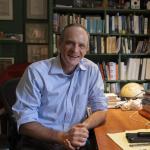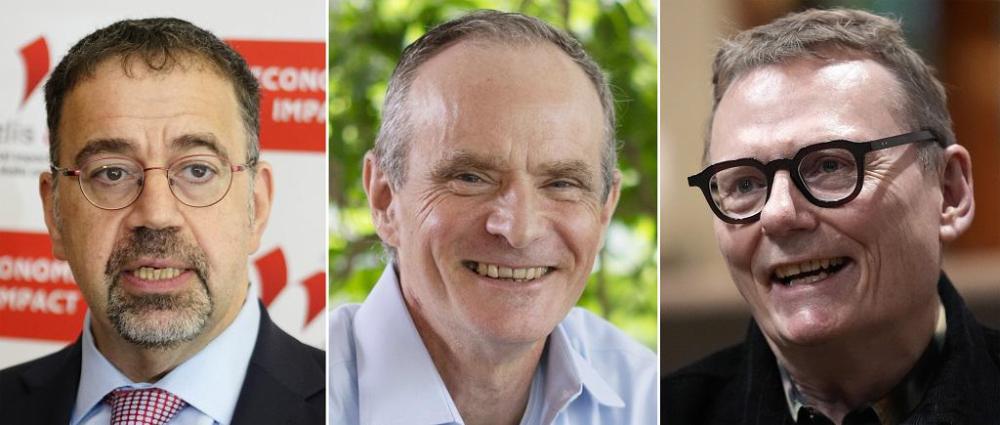Redeeming the Nobel in Economics

The Nobel Memorial Prize in Economic Sciences was awarded on Monday to The award cited their research into how institutions shape which countries prosper.
Their case in point was colonalism, which cast a long shadow once former colonies became independent. In some colonies, the European colonial power was mainly extractive. In others, they built political institutions that allowed a local economy eventually to thrive.
This research is informed by history as well as data, and is far from the sterile and abstract economics of equation manipulation built on the assumption of market efficiency, which has long dominated the mainstream profession. There is another related subtext—a rebuke of neoliberalism, with its calls for derergulation, privatization, and fiscal austerity.
Simon Johnson, whose credentials include having been the chief economist of the International Monetary Fund, is about as mainstream as it gets. Yet his 2010 book written with James Kwak, 13 Bankers: The Wall Street Takeover and the Next Financial Meltdown, is the definitive account of how insider influence and excessive deregulation of finance led to the 2008 financial collapse and the deep recession that followed.
Among the things that markets are supposed to price accurately are financial securities. So says standard theory. But as Johnson demonstrated, thanks to political corruption, insider influence, and self-dealing, rigged markets priced derivatives catastrophically wrong, enriching traders, crashing the economy, and devastating homeowners. Institutions indeed matter.
Writing in The American Prospect in 2019, Johnson was scathing about how Barack Obama’s neoliberal team handled the collapse. “The financial sector was saved, largely intact, by unprecedented government support,” he wrote. “If homeowners had received the same level of support in 2008-2009—for example, in the form of cheap refinanced mortgages—what would have happened? The American economy would have recovered, house prices would have risen, and everyone involved would have looked like a genius.”

Pictured from left: Economist Daron Acemoglu in Athens, Greece; economist Simon Johnson in Washington; and economist James A. Robinson in Chicago
He was also spot-on when it came to the aftermath. “The result, in rough chronological order, was: mass unemployment, greater inequality, collapsed opportunity, confused anger, and President Trump. The efforts put into financial reform—making sure this could not happen again—by Messrs. Bernanke, Geithner, and Paulson were weak.”
Those insights, surely, are worthy of a Nobel. For a couple of decades, the Nobel committee has been working its way through noteworthy economists whose work has challenged the conceits of free-market theory.
Claudia Goldin was awarded the Nobel in 2023 for her pioneering work on gender inequality. David Card was given the prize in 2021 for labor economics; his most famous empirical work, a book co-authored with the late Alan Krueger titled Myth and Measurement, refuted the claim that higher minimum wages necessarily lead to increased unemployment.
Yale’s William Nordhaus won in 2018 for incorporating the costs of environmental degradation into macro models. Richard Thaler of Cornell was the laureate in 2017 recognizing his work challenging the behavioral assumptions of the orthodox model.
In 2015, the prize went to Princeton’s Angus Deaton, who has written about poverty and the increase in “deaths of despair.”
And in 2001, Joseph George Akerlof, Michael Spence, and Joseph Stiglitz were lauded for their contributions pointing out that in the real world, contrary to standard models, there are major disparities of information and bargaining power between buyer and seller, manager and worker.
I could go on, but you get the idea. What all of these awards had in common were that they were recognitions of economics as political economy, and not as isolated individual transactions in a social or historical vacuum.
The Nobel committee has come a long way since they bestowed the prize on Milton Friedman in 1976. So has the profession.
===
Robert Kuttner is co-founder and co-editor of The American Prospect, and professor at Brandeis University’s Heller School.
